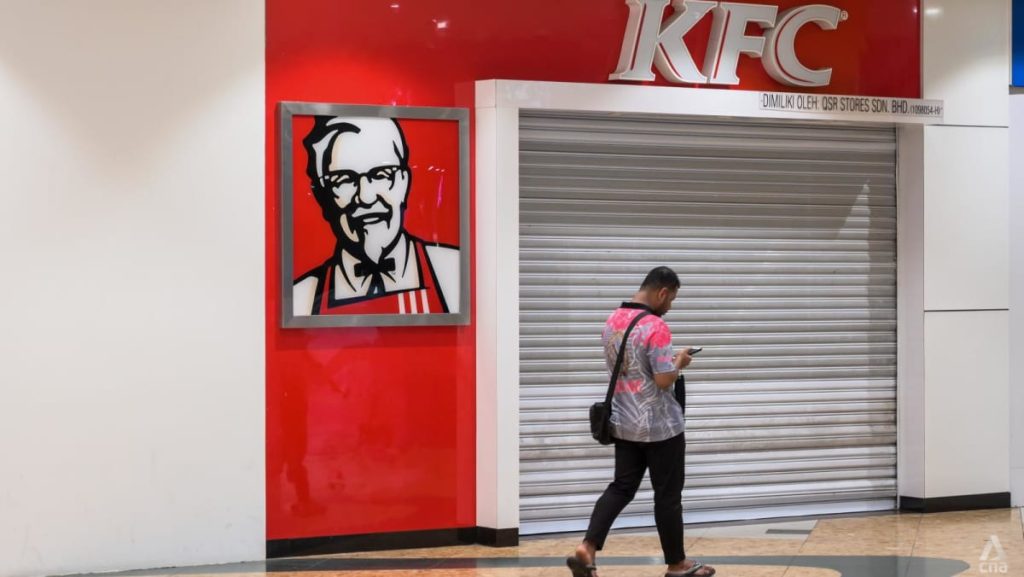The US chain announced its decision to close 100 underperforming stores due to challenging economic conditions. QSR brands, the company’s owner, stated that affected employees were given the option to relocate to busier store locations. This move is seen as a strategic decision by the chain to improve its overall performance in a tough economic environment.
The closure of the stores is likely part of a broader effort by QSR brands to streamline its operations and focus on profitable locations. By closing underperforming stores, the company can allocate its resources more efficiently and increase profitability. This decision may also be a response to changing consumer preferences and increased competition in the fast-food industry.
While the closure of the stores may be a difficult decision, it is ultimately a necessary step for the chain to remain competitive and financially viable. By focusing on stronger store locations and reallocating resources, the chain can position itself for long-term success. Employees who are impacted by the closures are being offered the opportunity to relocate to busier stores, providing them with the chance to continue their employment with the company.
The closure of the stores may also be a sign of the evolving nature of the fast-food industry, as companies adapt to changing market conditions and consumer preferences. In order to remain competitive, chains must constantly evaluate their operations and make strategic decisions to improve performance. This move by the US chain reflects the challenges that companies in the fast-food industry face in today’s economic climate.
Overall, the closure of the underperforming stores is a strategic decision by QSR brands to improve the chain’s overall performance and profitability. By focusing on stronger store locations and reallocating resources, the company can better position itself for success in a competitive market. Employees affected by the closures are being given the opportunity to relocate to busier stores, providing them with a chance to continue their employment with the company. This decision may also be reflective of the changing dynamics in the fast-food industry, as companies adapt to shifting consumer preferences and market conditions.













